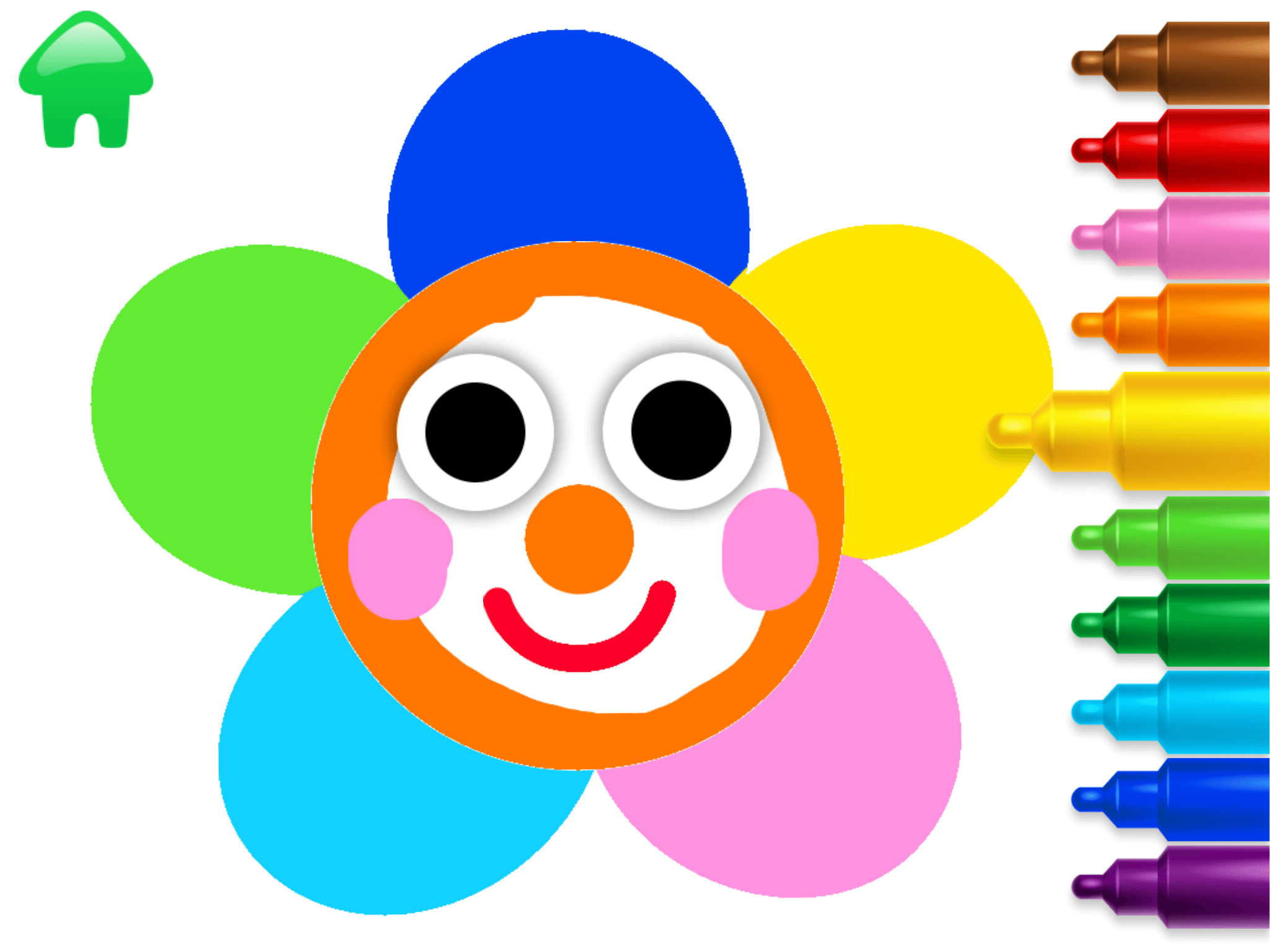Elementary Phonics worksheets activities for 9-Year-Olds
1 filtered results
-
From - To


Phonics and Word Recognition: Assessment 1 Worksheet
Elementary Phonics worksheets activities are fundamental tools in the journey of literacy. The reason for their significant role in educational settings, especially for young learners, is multifaceted. Here are some of the reasons why these activities are incredibly useful.
First and foremost, Elementary Phonics worksheets activities cater to the foundational skills necessary for reading and writing. Phonics, the method of teaching reading by correlating sounds with letters or groups of letters, is essential in understanding the basic building blocks of the English language. These worksheets provide structured, systematic practice, enabling students to grasp the alphabetic principle — the understanding that there are systematic and predictable relationships between written letters and spoken sounds.
Additionally, Elementary Phonics worksheets activities offer a variety of engaging ways to reinforce learning. Through sorting, matching, coloring, and fill-in-the-blank exercises, children are not only learning but also enjoying the process. This variety ensures that learning caters to different learning styles, whether visual, auditory, or kinesthetic, making the educational experience inclusive and effective for all students.
Furthermore, these worksheets activities encourage independent learning and self-assessment. As students work through the exercises, they become more confident in their ability to decode words, recognize patterns, and understand the rules of phonics on their own. This self-reliance is a critical step in developing lifelong learning skills.
Moreover, Elementary Phonics worksheets activities provide immediate feedback and results. Teachers and parents can quickly assess whether a child understands a concept, allowing for timely intervention and support where needed. This immediate feedback loop ensures that no child is left behind, and each student receives the attention and assistance necessary for success.
In summary, the benefits of Elementary Phonics worksheets activities are clear. They not only lay the foundation for reading and writing success but also ensure that learning is engaging, inclusive, and effective. These activities are invaluable tools in the educational journey of young learners, paving the way for a lifetime of literacy and learning.
 Assign to the classroom
Assign to the classroom












